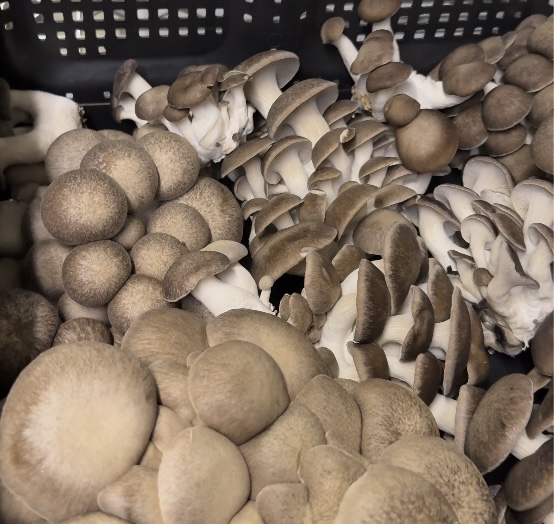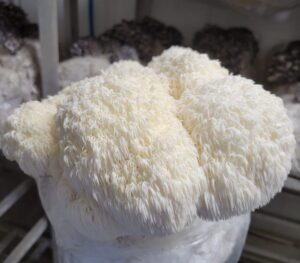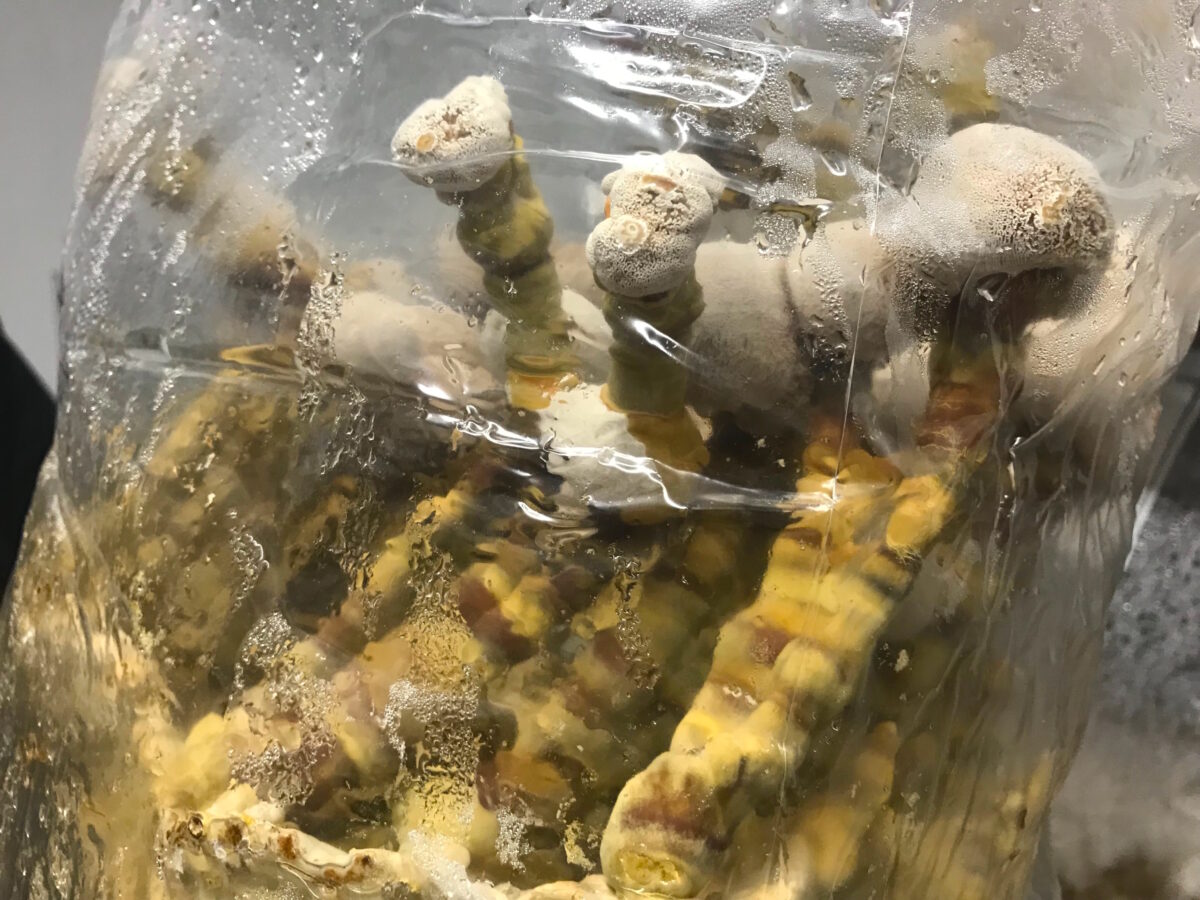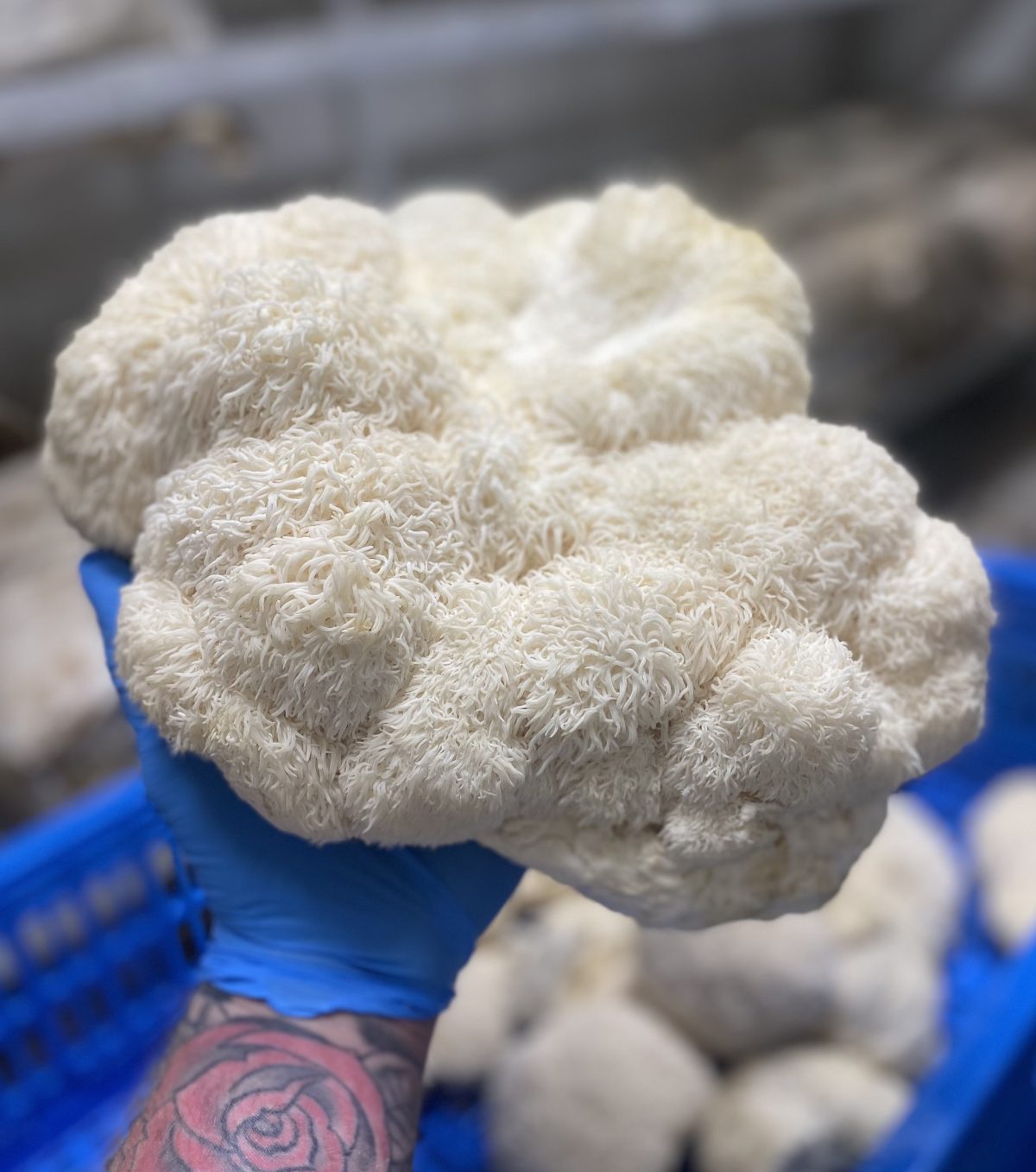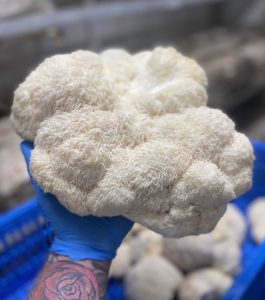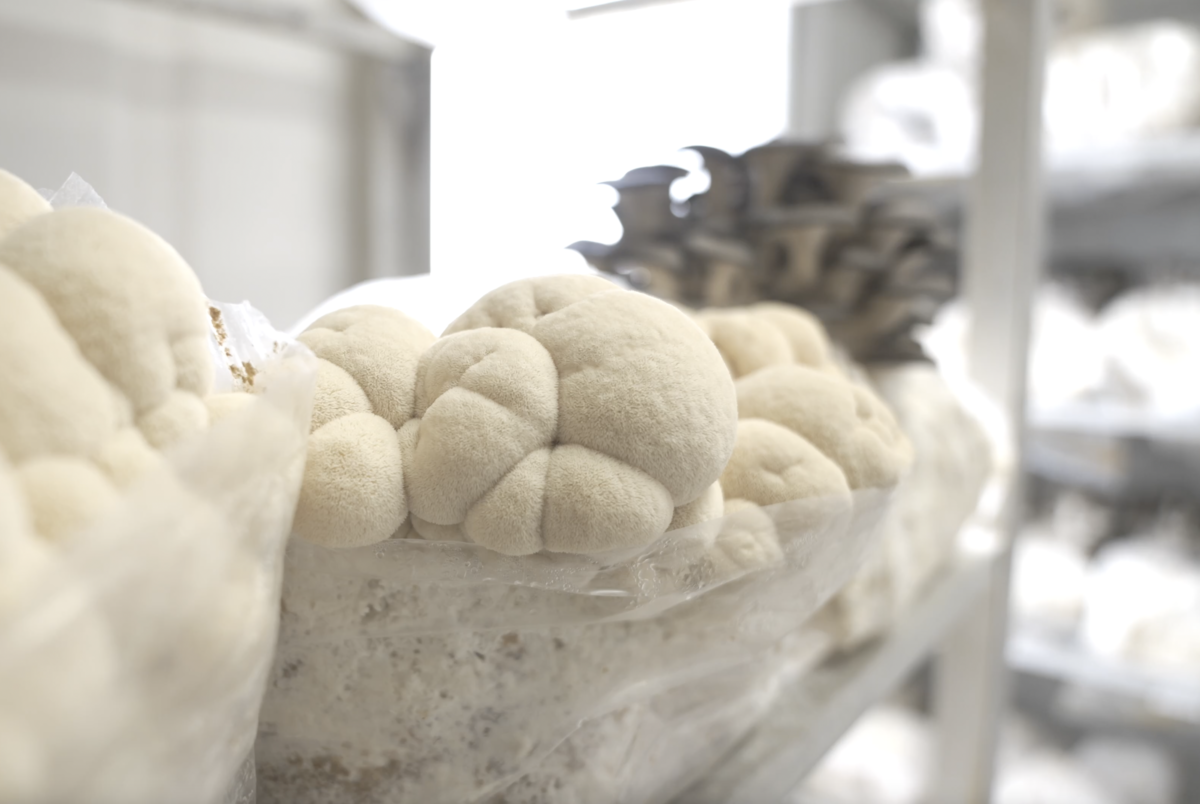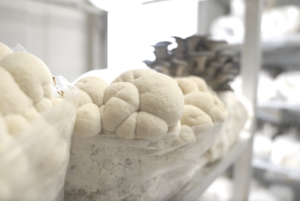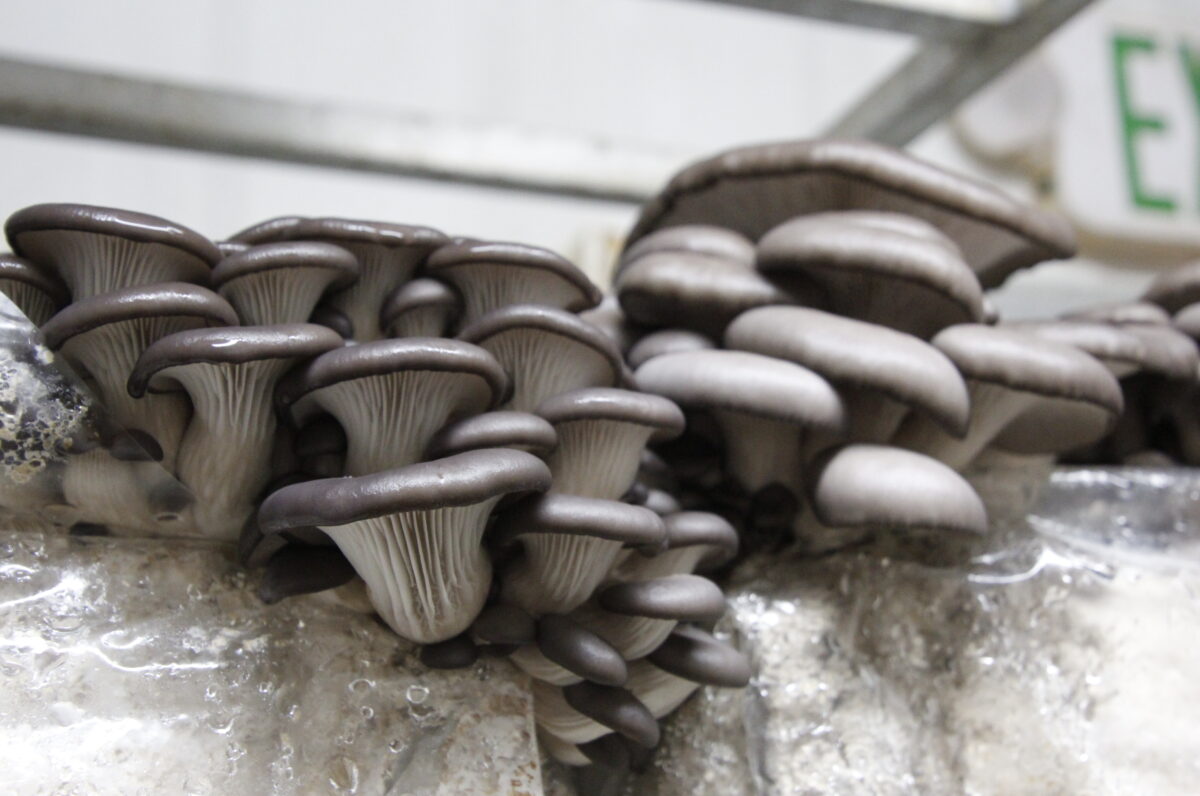Introducing FarmBox Foods Fresh: Gourmet Mushrooms Grown Locally in Sedalia
FarmBox Foods is thrilled to announce the official launch of FarmBox Foods Fresh, a new subsidiary dedicated to cultivating high-quality, chef-grade gourmet mushrooms right here in Sedalia, Colorado. With weekly harvests and an unwavering commitment to freshness and sustainability, FarmBox Foods Fresh is redefining what it means to eat locally.
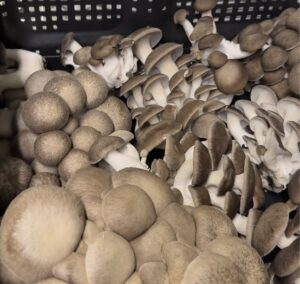
From restaurants looking for unique ingredients to food lovers seeking fresh flavors, FarmBox Foods Fresh offers a delicious variety of mushrooms that are grown with care and precision. These gourmet mushrooms are harvested throughout the week and are available for both pick-up and delivery, Monday through Friday.
Now Available: A Flavorful Assortment
Our current June harvest includes a colorful selection of gourmet mushrooms:
- Blue Oyster – $9/lb (5-10 lbs), $8/lb (11-20 lbs), $7/lb (21+ lbs)
- Black King Trumpets – $9/lb (5-10 lbs), $8/lb (11-20 lbs), $7/lb (21+ lbs)
- Lion’s Mane – $12/lb (5-20 lbs), $10/lb (21+ lbs)
Coming Soon
- Chestnut – $10/lb (5-10 lbs), $9/lb (11-20 lbs), $8/lb (21+ lbs)
- Golden Oyster – $9/lb (5-10 lbs), $8/lb (11-20 lbs), $7/lb (21+ lbs)
- King Blue Oyster – $10/lb (5-10 lbs), $9/lb (11+ lbs)
- Pink Oyster – $9/lb (5-10 lbs), $8/lb (11-20 lbs), $7/lb (21+ lbs)
- King Trumpets – $12/lb (5-10 lbs), $10/lb (11+ lbs)
- Snow Oyster – $9/lb (5-10 lbs), $8/lb (11-20 lbs), $7/lb (21+ lbs)
Whether you’re a chef sourcing premium mushrooms for culinary creations or a home cook on the hunt for nutrient-rich, flavorful ingredients, these mushrooms are as versatile as they are visually stunning.
Exciting new varieties are also in the works, with pre-orders now being accepted. Keep an eye on our website for updates as we expand our offerings.
Visit or Contact Us
Located at 5389 Plum Ave, Sedalia, CO 80135, FarmBox Foods Fresh offers convenient pick-up and delivery options to make fresh, local food more accessible. For ordering, questions, or pre-orders, reach out to us:
📧 sedalia@farmboxfoods.com
📞 (303) 285-4076
🌐 farmboxfoodsfresh.com
To learn more about each mushroom’s flavor profile and recommended culinary uses, visit our website and explore how FarmBox Foods Fresh is bringing gourmet fungi to your table — fresh from Sedalia.

